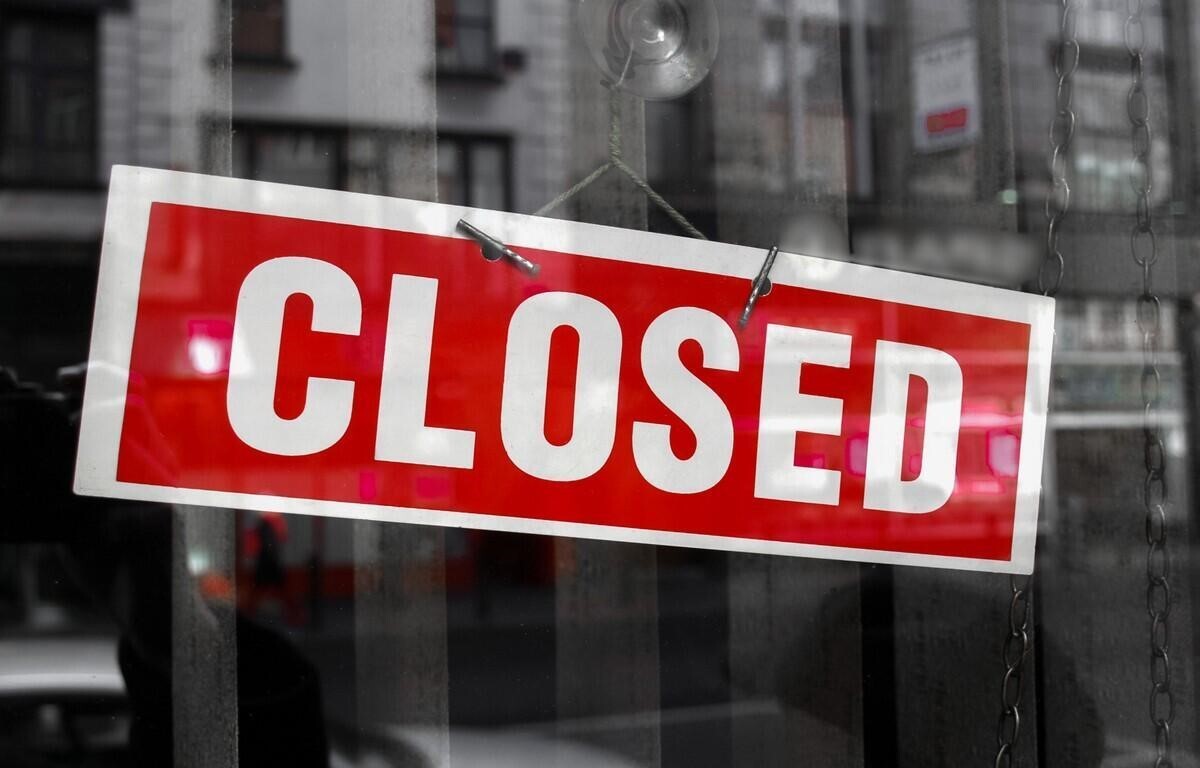

The Ministry of Environment (KLH) has officially sealed an aluminium smelter operated by PT MPI in East Cikarang, West Java, Indonesia after the company failed to comply with air quality guidelines and regulations aimed at addressing air pollution. As a result, the company was one of the major contributors to air pollution in the Greater Jakarta area.

"Clean air is a fundamental right. There's no tolerance for companies that jeopardise public health for short-term profit," highlighted Environment Minister Hanif Faisol Nurofiq. The action signals a growing intolerance for industrial negligence, especially when it endangers communities and undermines national air pollution control efforts.
The enforcement followed a supervisory inspection that revealed the facility had failed to control emissions from 10 operational smelting furnaces. Notably, four of these furnaces were using lubricating oil as fuel, an act known to pose significant risks due to the release of hazardous pollutants.
"This sealing is a firm measure against businesses that neglect their duty to control air pollution. KLH will continue to act against similar violations in Jabodetabek and beyond," said KLH Deputy for Law Enforcement, Rizal Irawan.
Furthermore, the facility's wet scrubber, an essential air pollution control system, had been out of operation for more than four months. This was confirmed by the company's general manager during the inspection. As a consequence, untreated emissions were being discharged directly into the atmosphere, worsening local air quality. Environment Minister Hanif Faisol Nurofiq emphasised the need for strict industrial accountability in response to the findings.
Also Read: US aluminium industry faces crisis as smelter closures undermine tariff protections
The ministry continues to encourage industries to enhance their environmental management practices and comply with regulatory requirements. It also issued a warning that both administrative and criminal penalties will be enforced against entities that persist in breaching environmental laws.
Responses








